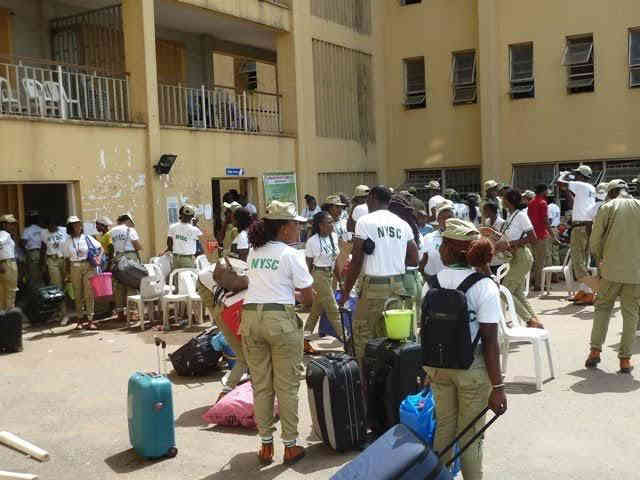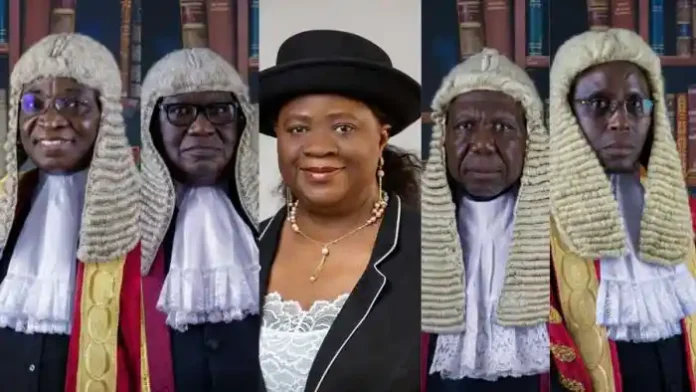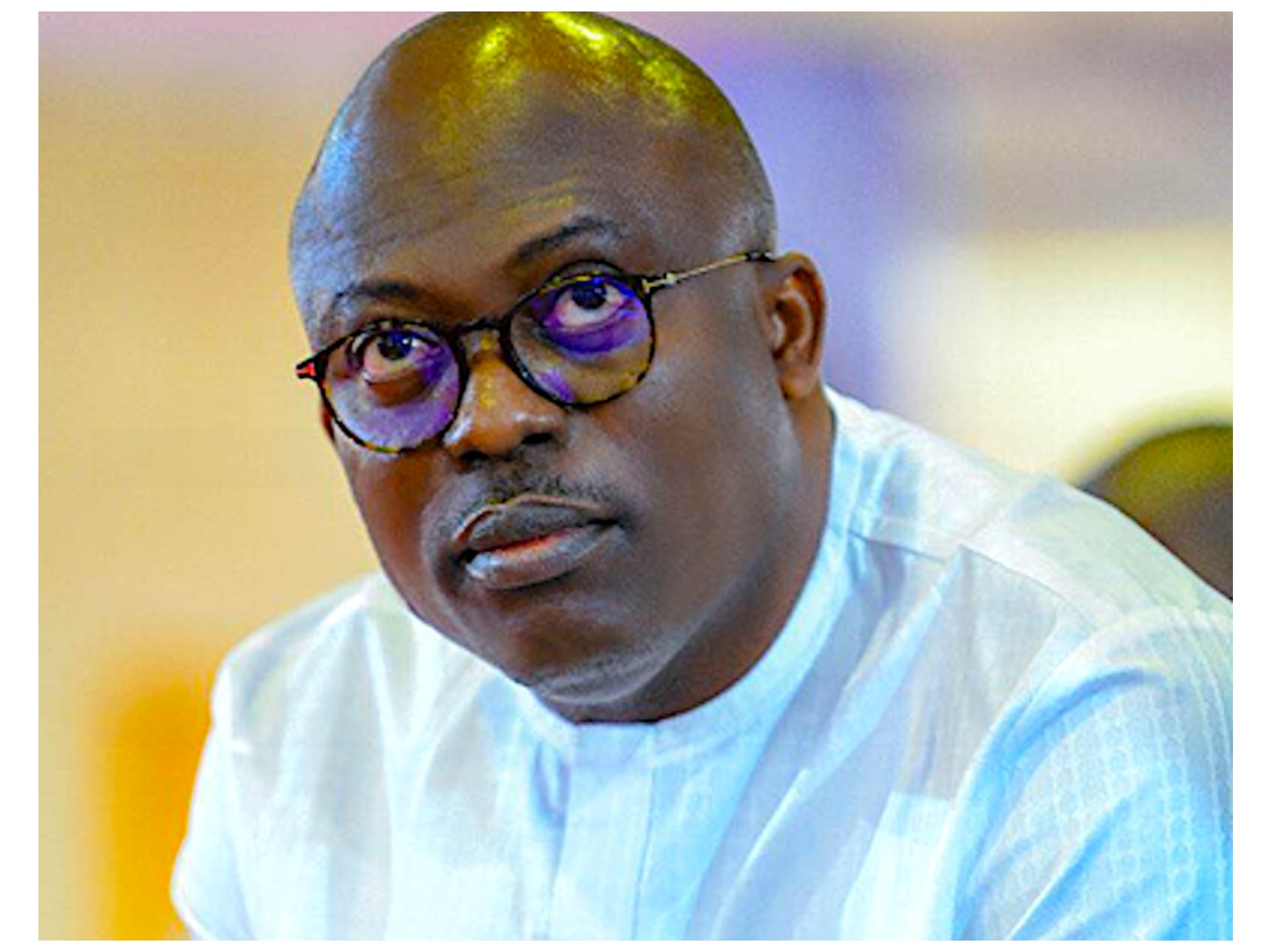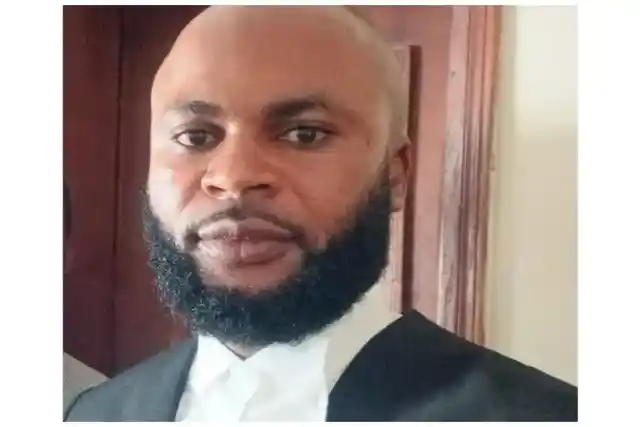The fate of the petitions contesting the outcome of the 2023 presidential election now lies in the hands of the Presidential Election Petition Tribunal (PEPT), sitting at the Court of Appeal in Abuja.
The Tribunal first sitting is May 10,
Selected Court of Appeal judges will be in charge of the Presidential Election Petition Tribunal (PEPT), which serves as the court of first instance and has jurisdiction over petitions related to presidential elections.
In late 2021, the Chief Justice of Nigeria (CJN), Justice Olukayode Lateef Ariwoola, made a significant move by inaugurating a total of 277 election petition tribunal judges. These judges have been tasked with presiding over cases that pertain to the upcoming 2023 governorship, national, and state assembly elections.
The official declaration of the judges for the presidential election petition tribunal is still pending.
As of now, a total of five petitions have been filed in opposition to the recent presidential election. These petitions have been submitted by various parties and individuals, including Peter Obi and the Labour Party, Atiku Abubakar and the Peoples Democratic Party, the Action Alliance (AA) and its presidential candidate, Mr. Solomon Okangbuan, the Allied People’s Movement (APM) and its presidential candidate, Princess Chichi Ojei, and the Actions Peoples Party.
According to a reliable source within the Court of Appeal and the National Judicial Council, the panel of judges that had commenced sitting on motions ex parte filed by petitioners is expected to continue presiding over the case when pre-hearing and full hearing sessions begin at the Presidential Election Petition Tribunal.
The Court of Appeal has released the names of the judges who presided over motions related to the 2023 presidential election and may potentially serve on the 2023 Presidential Election Petition Tribunal (PEPT) panel. The panel of judges is as follows:
JUSTICE HARUNA SIMON TSAMMANI
Tsammani (64) from Bauchi State was appointed to the Court of Appeal on July 16, 2010. He served as the chairman of the three-man panel that granted Obi and Atiku’s motions to serve Tinubu their petitions by substituted means. He graduated from the Nigerian Law School, Lagos, in 1983 and started out as a High Court judge in Bauchi State on September 17, 1998.
Tsammani has presided over various election and financial matters as a judge.
One of those cases is a petition filed by the former Governor of Oyo State, Abiola Ajimobi, challenging the judgement of the 2019 Election Petition Tribunal, which on November 19 of the same year upheld PDP’s Kola Balogun as the winner of the senatorial election for Oyo South held in February that year.
Balogun was said to have polled a total of 105,720 votes to defeat Ajimobi, who garnered 92,218 votes, but the latter disagreed and approached the Court of Appeal in Ibadan for redress.
Ajimobi based his petition on the allegation that his PDP counterpart was not qualified to represent his party at the election.
But Justice Haruna Tsammani, who prepared the lead judgement, dismissed Ajimobi’s petition for lacking merit, holding that a person who is not part of a political party has no right to challenge the outcome of its primary election.
JUSTICE STEPHEN JONAH ADAH
Adah (66) served as a member of the three-man panel that granted Obi and Atiku’s motions to serve Tinubu their petitions by substituted means. He is from De-Kina LGA in Kogi State. He passed out of the Nigerian Law School in 1982 and became a Federal High Court judge on November 12, 1998, prior to his promotion to the Court of Appeal on November 5, 2012.
Adah has passed verdicts on several cases, and one of his landmark decisions was in the appeal filed by the Economic and Financial Crimes Commission in 2020 against a trial court’s decision, which partially upheld the no-case submission filed by former President Goodluck Jonathan’s cousin, Robert Azibaola.
The antigraft agency had instituted $40 million in money laundering charges against him.
But Adah dismissed the appeal, saying the EFCC could not prove the allegation beyond a reasonable doubt.
“The trial court was in order to discharge and acquit Azibaola and his company in counts 1, 4, 5, 6, 7, 8, and 9 because offences of money laundering were not sufficiently proved, nor did the prosecution establish any prima facie case against the respondents.
“We have gone through the records and found that the appeal is lacking in merit; the appeal is hereby dismissed and the judgement of the lower court upheld”, Mr. Adah said.
Justice Abba Bello Mohammed
Mohammed (62) from Kano State was part of the three-man panel that granted Obi and Atiku’s motions to serve Tinubu their petitions by substituted means.
He finished the Nigerian Law School in 1985 and was appointed as a judge of the High Court of the FCT in 2010. After serving for about 10 years, he was promoted to the Court of Appeal on June 28, 2021.
Justice Mohammed presided over the Nasarawa State Governorship Election Tribunal in 2019.
The PDP governorship candidate in the 2019 general election, Hon. David Emmanuel Ombugadu, had sued INEC and Governor Abdulahi Sule of the All Progressive Congress (APC).
But Justice Mohammed dismissed the petition for lacking merit, holding that the petitioner’s allegation of over-voting and electoral violence could not be substantiated.
JUSTICE JOSEPH IKYEGH
Justice Joseph Shagbaor Ikyegh (65), who hails from Benue State, led the PEPT panel that ordered the Independent National Electoral Commission to allow Atiku and Obi to inspect the electoral materials used during the presidential election.
He graduated from the Nigerian Law School, Lagos, in 1980 and became a judge of the High Court, Benue State, on March 27, 1991, before his appointment as a Court of Appeal Justice on July 16th, 2010. Interestingly, Ikyegh was part of the 5-man panel that presided over the presidential election petitions in 2019 between Atiku and President Muhammadu Buhari.
The panel dismissed Atiku’s case.
JUSTICE MONICA BOLNA’AN DONGBAN-MENSEM
The Court of Appeal president, Dongban-Mensem (66), finished at the Nigerian Law School, Lagos State, in 1980. She was appointed judge of the FCT High Court in 1993, and ten years later, she got into the Court of Appeal (on June 25, 2003).
She is an authority in criminal and civil procedure law, legislative drafting, constitutional law, and administrative law, among others.
One of the high-profile cases she presided over was that of the former chairman of the federal House of Representatives ad hoc committee on fuel subsidies, Farouk Lawan.
Lawan was sentenced to seven years imprisonment on June 20, 2021, by the FCT High Court, which had found him guilty of bribery in 2012 following a three-count charge filed against him by the Independent Corrupt Practises Commission (ICPC).
But he appealed to the Court of Appeal.
In its verdict in 2022, a three-member panel led by Appeal Court President Monica Dongban-Mensem said the ICPC did not prove its allegations in counts 1 and 2, which bordered on how Lawan allegedly demanded $3 million from business mogul Femi Otedola to remove his company from the list of defaulters in the fuel subsidy scam.
She added that the trial court’s decision on the two counts cannot stand.
In the judgement, Lawan’s jail term was reduced from seven to five years.
Checks by Ejes Gist News Nigeria showed that aside from Justice Ikyegh, the 5-man panel of justices that presided over the 2019 presidential election petitions have all left the Court of Appeal except Justice Peter Ige, who would be retiring on July 12, 2023, having attained the retirement age of 70.
It remains uncertain whether Ige will be on the 2023 panel, as the Tribunal has a constitutional mandate to conclude election-related petitions within 180 days from the conclusion of the election.
Speculations are rife that Justice Monica Dongban-Mensem, the current President of the Court of Appeal, may be poised to lead the 2023 Presidential Election Petition Tribunal (PEPT). This is based on the precedent set by her predecessor, Justice Zainab Bulkachuwa, who led the 2019 PEPT panel. It remains to be seen if Justice Dongban-Mensem will take up the mantle.
The 2019 Presidential Election Petition Tribunal saw the recusal of Bulkachuwa after the PDP filed a petition claiming that she would not be impartial in the case due to her husband’s status as a senator-elect under the APC.
According to information available on the Court of Appeal website, the number of justices serving on the appellate court is currently 77.
The most senior judges after Dongban-Mensem are: Justices Raphael Chikwe Agbo (2), Jimi Olukayode Bada (3), Oyebisi Folayemi Omoleye (4), Ahmad Olanrewaju Belgore (5), Jummai Hannatu C. Sankey (6), Ali Abubakar Babandi Gumel (7), Uzoamaka Ifeyinwa Ndukwe-Anyanwu (8), Chidiebere Nwaoma Uwa (9), Chioma E. Nwosu-Iheme (10), Theresa Ngolika Orji-Abadua (11), Joseph Shagbaor Ikyegh (12), and Haruna Simon Tsammani (13).
It is highly probable that the selection process for the 2023 presidential panel will mirror that of the 2019 Presidential Election Petition Tribunal (PEPT), which was composed of five distinguished senior judges from the appellate court, most of whom have since retired and ascended to the Supreme Court.









